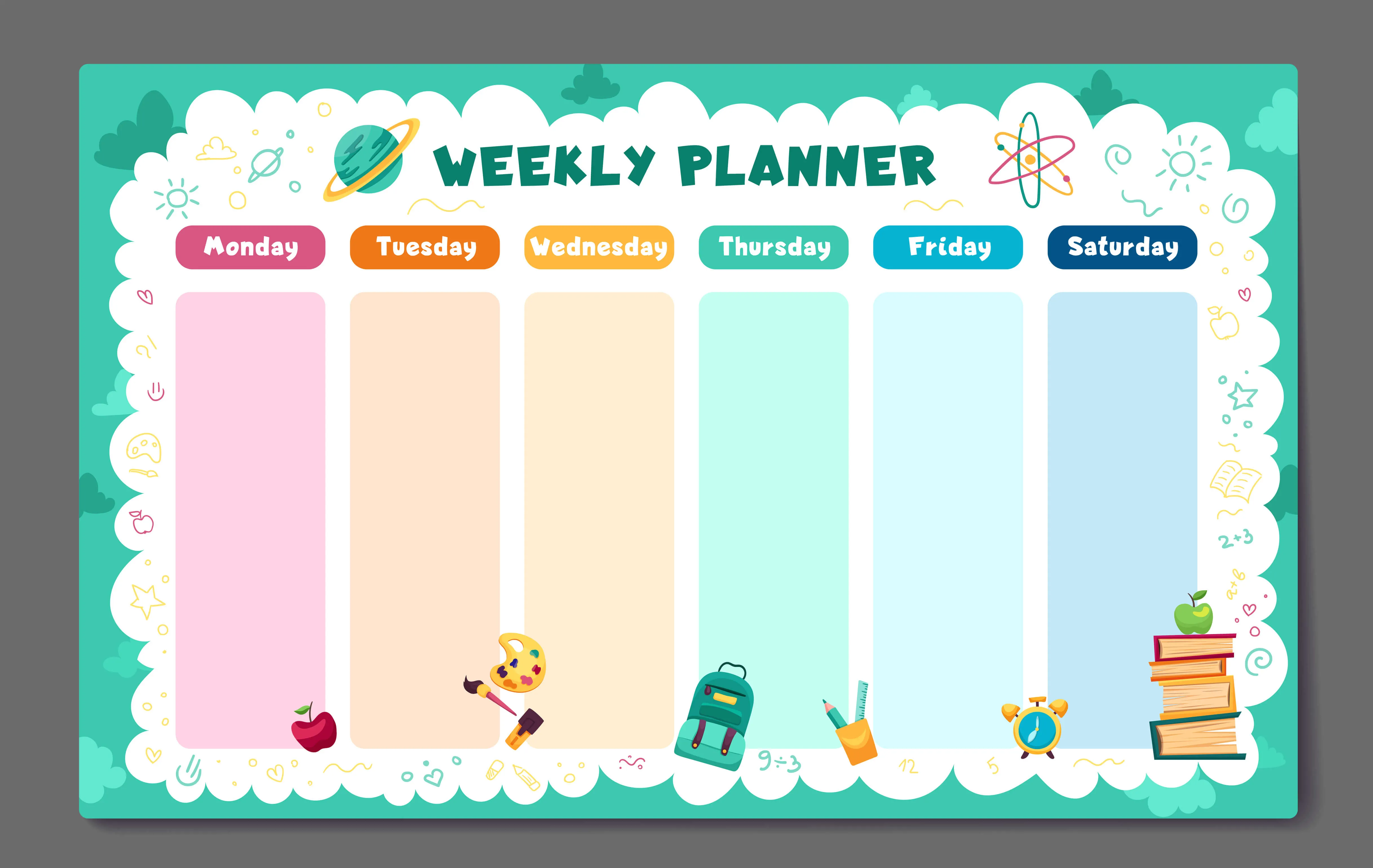Organizing Basics/ Teaching Children
Teaching Children To Be Organized
Cultivating Organization in Children: A Parent’s Guide

Sara Buffett, Feb 10 2025 · 6 minute read

In today’s fast-paced world, imparting organizational skills to children is more crucial than ever. Developing such skills early on sets the stage for lifelong benefits, aiding children in navigating their academic, personal, and eventually professional lives with confidence and ease. Here, we delve into eight practical strategies that parents can employ to instill these vital habits.
1 - Lead by Example

Children are observant and often mimic the actions of adults around them. By maintaining a tidy workspace, organizing your schedule, and managing household tasks efficiently, you naturally set a precedent for your kids. When they see the positive impacts of an organized lifestyle, they are more likely to adopt similar habits themselves.
2 - Set Clear Expectations

Clarity is key when helping children understand what organization involves. Instead of vague instructions like "clean your room," specify the tasks, such as "put toys in the basket, stack books on the shelf, and make your bed." Clear guidelines help children grasp the concept of organization and recognize their responsibilities.
3 - Establish Routines

Routine brings order and security to a child’s world. By setting daily routines that include organizational tasks, like packing their school bag or setting out clothes for the next day, children learn consistency. Over time, these routines become ingrained, reducing stress and promoting independence.
4 - Break Tasks into Steps
Large tasks can seem daunting to young minds. By breaking them into smaller, manageable steps, you make these tasks more approachable. For instance, instead of saying "finish your homework," guide them with steps like "complete math problems first, then read a chapter of your book." This approach alleviates feelings of being overwhelmed and teaches the value of taking one step at a time.
5 - Use Visual Aids

Visual tools such as chore charts, labels, and calendars can significantly aid in teaching organization. These tools provide clarity and help children visually map out their responsibilities. A colorful chore chart or a sticker reward system, for example, can make organizing fun and tangible for younger children.
6 - Provide Tools and Spaces

Equip your child’s environment with the necessary organizational tools, like storage bins, drawer dividers, and labeled baskets. Create dedicated spaces for their belongings, which will help them understand the importance of returning items to their proper place. This practice fosters a sense of responsibility and care for their possessions.
7- Positive Reinforcement

Acknowledging and praising your children’s efforts in organizing can boost their confidence and motivation. Celebrate their successes, no matter how small, and encourage them to keep improving. Positive reinforcement cultivates a sense of achievement and reinforces the benefits of staying organized.
8- Teach Time Management
Introduce simple time management skills through the use of planners or digital reminders. Teach children to allocate specific times for homework, play, and chores, helping them prioritize their activities effectively. As they develop these habits, they learn the importance of balancing responsibilities with leisure.
Conclusion
In essence, teaching children to be organized is about more than just keeping a tidy room; it’s about imparting skills that enable them to lead balanced, productive lives. By integrating these strategies into your parenting approach, you’ll empower your children with the tools they need to navigate their world confidently and independently. Ultimately, you are not only fostering an organized environment but also nurturing a critical life skill that will serve them for years to come.

© 2025 All rights reserved.
